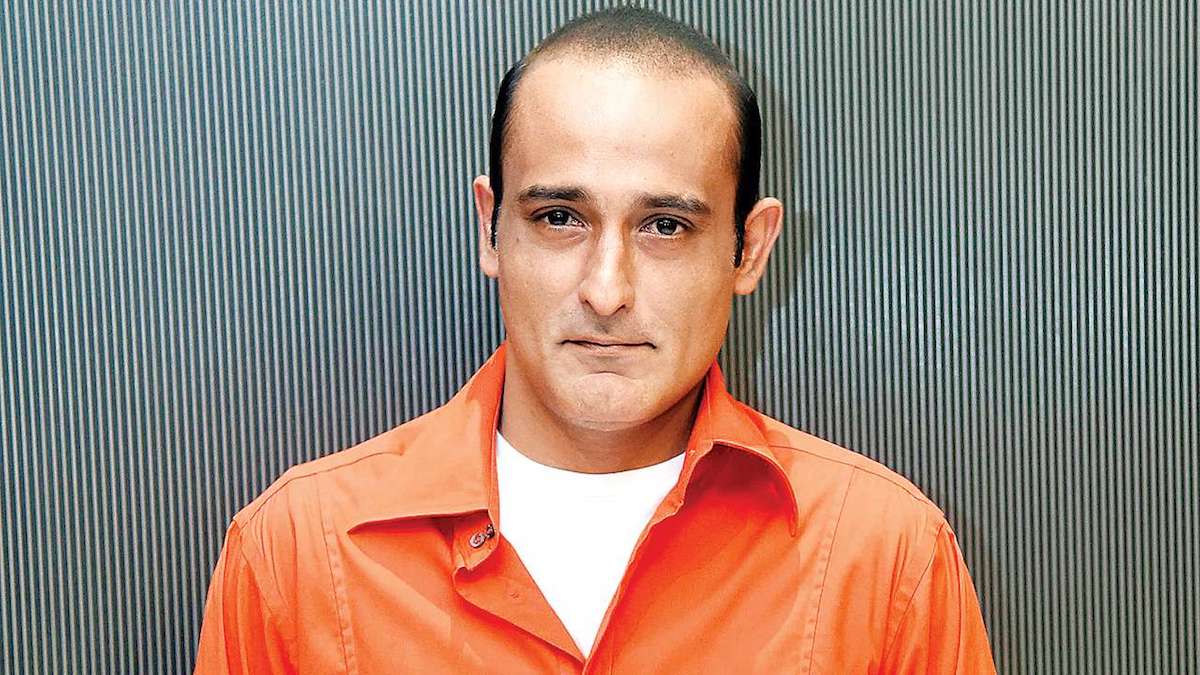Introduction:
Akshaye Khanna, a name synonymous with nuanced performances and understated brilliance, has carved a niche for himself in the Indian film industry. With an illustrious career spanning over two decades, Khanna has captivated audiences with his versatile acting skills and the ability to portray complex characters with ease. In this biographical web article, we delve into the life and achievements of Akshaye Khanna, shedding light on his family background, education, early life, entry into cinema, best movies, awards, and the controversies that have surrounded his journey.
Family and Education:
Born on March 28, 1975, in Mumbai, India, Akshaye Khanna comes from a family deeply rooted in the world of Indian cinema. He is the son of legendary actor Vinod Khanna and former actress Geetanjali Khanna. Growing up in a film-oriented household, Khanna was exposed to the art of storytelling from a young age. He completed his schooling at Lawrence School, Sanawar, and later pursued further education at Kishore Namit Kapoor Acting Institute in Mumbai.
Early Life:
Akshaye Khanna’s early life was influenced by his father’s stardom and his exposure to the film industry. However, he maintained a low-profile and chose to focus on honing his acting skills. Khanna’s passion for acting was evident, and he made a conscious effort to stay away from the spotlight until he felt ready to step into the limelight himself.
How To Enter into Cinema:
Akshaye Khanna made his acting debut in the critically acclaimed film “Himalay Putra” in 1997. While the film did not achieve commercial success, Khanna’s performance garnered positive reviews, showcasing his talent and potential as an actor. However, it was his second film, “Border” (1997), a war drama based on the Indo-Pakistani War of 1971, that catapulted him to fame. His portrayal of an Army officer in the film was widely appreciated, and it marked the beginning of his successful journey in the film industry.
Best Movies:
Akshaye Khanna’s filmography is adorned with a diverse range of movies, each highlighting his versatility and ability to portray complex characters. Some of his most notable films include “Dil Chahta Hai,” a coming-of-age drama, “Taal,” a musical romantic drama, “Gandhi, My Father,” a biographical drama, and “Mom,” a gripping thriller. His nuanced performances in these films have earned him critical acclaim and the admiration of audiences. Khanna’s ability to bring depth and vulnerability to his characters sets him apart as an actor with a distinctive presence on the silver screen.
Awards: Akshaye Khanna’s exceptional talent has earned him recognition in the form of various awards and nominations. He has been the recipient of Filmfare Awards, including Best Debut Male for “Border” and Best Supporting Actor for “Dil Chahta Hai.” His ability to effortlessly portray a wide range of emotions and his commitment to his craft have garnered him accolades throughout his career.
Controversy:
While Akshaye Khanna has largely maintained a low-profile and steered clear of controversies, there have been instances that stirred discussions. One such controversy surrounded his decision to take a break from acting in 2008. Khanna, known for his selective choice of roles, took a sabbatical from the film industry to reassess his career and personal life. This decision sparked speculation and debate, but Khanna maintained that he needed the time off to rediscover himself as an actor and explore new avenues.
Conclusion:
Akshaye Khanna’s journey in the Indian film industry showcases his undeniable talent, versatility, and dedication to his craft. From his memorable debut to his portrayal of complex characters, Khanna has left an indelible mark on the hearts of audiences. With his ability to effortlessly transition between genres and his nuanced performances, he continues to impress critics and captivate viewers. Despite occasional controversies, Akshaye Khanna’s commitment to quality cinema and his unique on-screen presence solidify his position as a versatile and enigmatic talent in Bollywood.
